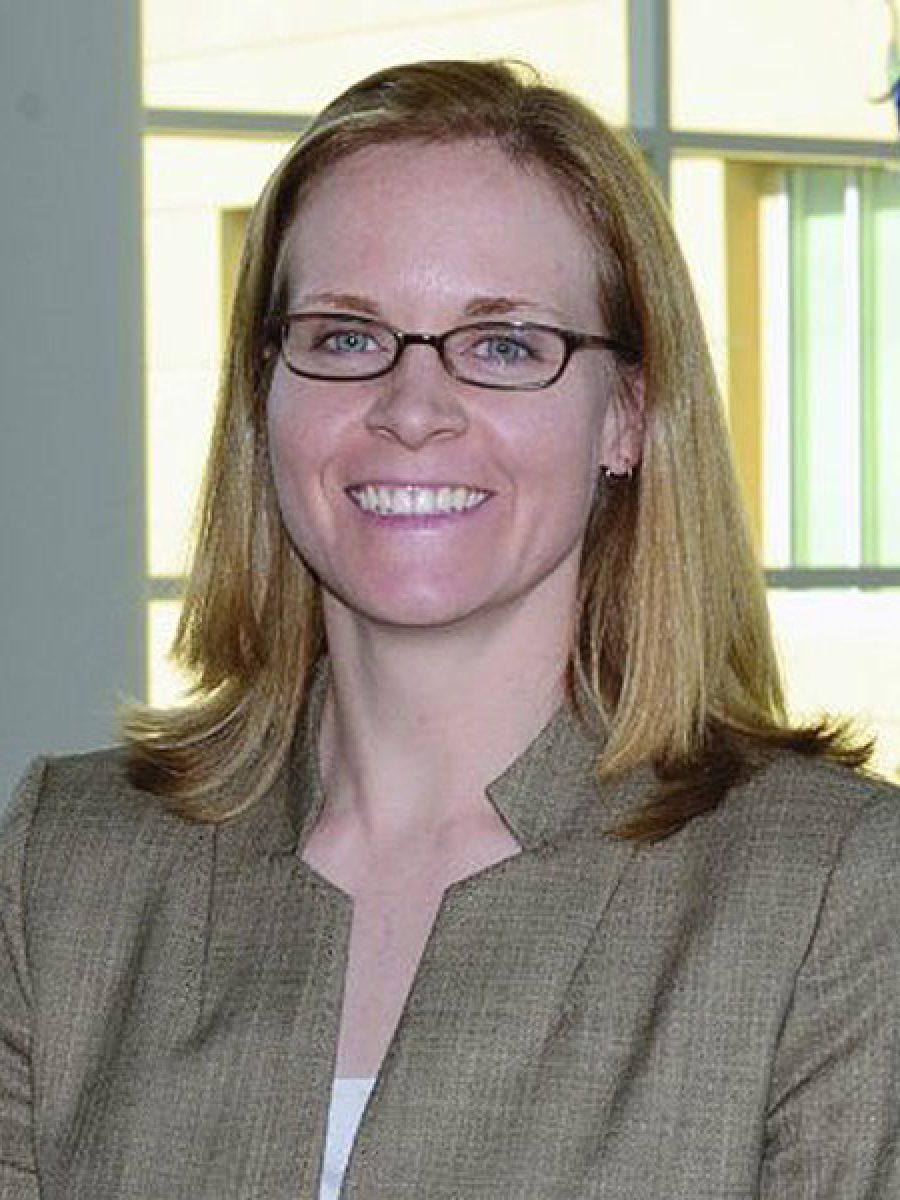
Nancy Gimbel
Ed.D. 2012
Ph.D.,
University of Georgia, Counseling Psychology
The [Ed.D. program] cohort model was incredibly beneficial to helping me complete my doctorate.
Nancy currently serves as a clinical health psychologist with Wellstar health system, and previously worked as the assistant dean of student engagement for the Scheller College of Business at Georgia Tech in Atlanta, Georgia. In this role, she provided leadership and strategic direction for all aspects of the student experience lifecycle for the Full-time and Evening MBA programs. Prior to this role, she served as the Director of Undergraduate Programs for the Scheller College of Business, overseeing undergraduate career development, academic advising, freshman recruiting, and program marketing and development. She was the recipient of the 2011 Georgia Tech Outstanding Staff Performance Award and the 2009 Scheller College of Business Stephen P. Zelnak Jr. Award for Staff Excellence. Her Vanderbilt doctoral capstone research focused on student persistence in higher education.
“The Ed.D. program was a challenging intellectual experience that filled in the gaps of my knowledge of higher education leadership, policy and strategy. The merging of the Higher Education and P-12 cohorts for some of the core courses was critical to furthering my understanding of how the challenges that exist in the P-12 pipeline become the challenges of higher education institutions. These combined courses also helped expand my thinking on possible solutions to address these challenges. The capstone project provided an incredible opportunity to conduct academic research and serve as a consultant to an institution struggling with a persistence challenge. The project allowed me to work with a client to analyze a problem affecting their college, design and implement an intervention to address the problem and present solutions to the client that could help them improve the student experience on their campus. The cohort model was incredibly beneficial to helping me complete my doctorate. Our cohort members became very close as we completed the same classes in the same sequence and focused on meeting the same research deadlines. This created a strong support network that kept us motivated throughout this rigorous program.”